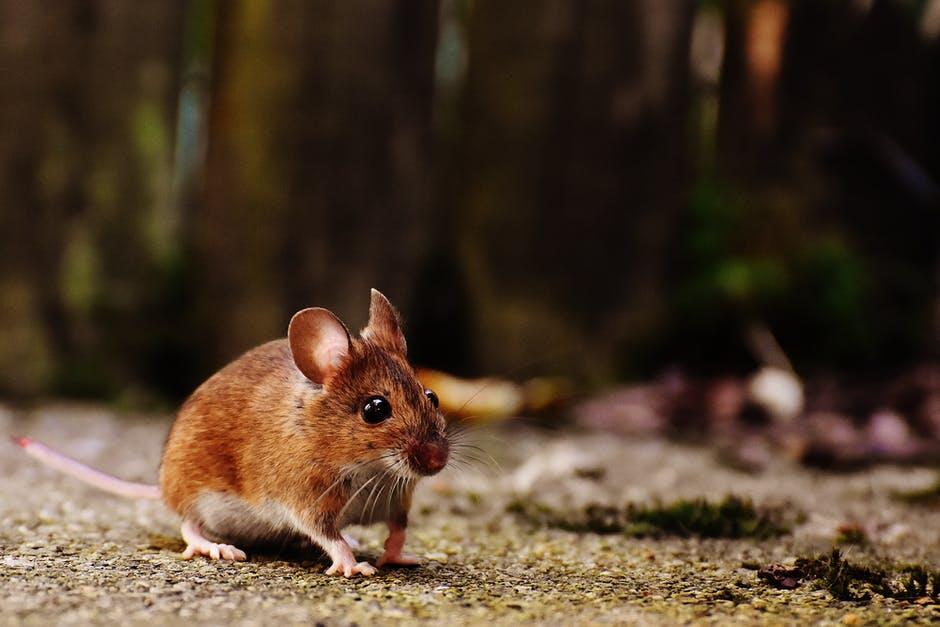Your home is meant to be a safe haven, a place where you can relax and feel at peace. But what happens when unwelcome visitors start scurrying around, posing health risks to your family and damaging your property? That’s where rodent infestations come into play, causing stress and frustration for homeowners.
But fear not, because we have the solution to securing your home and managing rodent risks on your property. In this post, we will delve into the world of rodent risks and provide you with effective strategies for securing your home. Read on.
Understanding the Threat: Why Rodents Are a Problem
Rodents are opportunistic creatures. They enter homes in search of food, water, and shelter, especially during colder months. Once inside, they chew through insulation, wires, and even plumbing, creating fire hazards and costly repairs.
According to the National Pest Management Association (NPMA), rodents are responsible for up to 25% of unexplained fires in the U.S. due to gnawed wiring. Health risks are equally serious.
Rodents can transmit diseases like hantavirus, leptospirosis, and Salmonella through their urine, droppings, and saliva. Their presence can also exacerbate allergies and asthma, particularly in children and the elderly.
Common Rodent Species to Watch Out For
Not all rodents pose the same risks, and understanding which species are likely to invade your home can inform your prevention strategy:
House Mouse
Small, agile, and curious, house mice are the most common indoor rodent. They build nests in wall voids and prefer grains and seeds, but will eat almost anything.
Norway Rat
Also known as brown rats, they are large, burrowing rodents that often nest in basements or around foundations. They are strong swimmers and can enter homes through toilets or broken sewer lines.
Roof Rat
Agile climbers who prefer upper levels of buildings, such as attics or rafters. They are more common in coastal and southern regions.
Deer Mouse
Often found in rural or suburban areas, these mice can carry hantavirus. They prefer nesting in attics, sheds, or garages.
Identifying the species can help determine the best placement for traps and what type of bait will be most effective.
Recognizing the Signs of Infestation
Before you can manage a rodent problem, you need to know what to look for. Early detection can prevent a small issue from spiraling out of control. Common signs of rodent activity include:
- Droppings
- Gnaw marks
- Nesting materials
- Noises
- Grease marks
If you notice one or more of these signs, it’s time to take action.
Seasonal Rodent Behavior and Risks
Rodent activity tends to fluctuate with the seasons. Being aware of these patterns can help you implement timely prevention measures:
Fall and Winter
As temperatures drop, rodents seek warmth and shelter indoors. This is peak season for infestations. Seal your home and inspect for entry points before cold weather hits.
Spring
Rodents may become more active as they breed. They may also venture outside more often, but indoor populations can still thrive.
Summer
Warm months may bring slightly less indoor activity. However, food availability outdoors can attract rodents to your yard and eventually inside.
Rainy Seasons
Rodents may flee flooded nests and seek shelter in your home, especially in basements and garages. By aligning your rodent management plan with seasonal behavior, you can stay one step ahead of infestations year-round.
Prevention is Key: Fortifying Your Home
The best way to handle rodent issues is to prevent them from entering your home in the first place. Here are the most effective prevention strategies:
Seal Entry Points
Rodents can squeeze through incredibly small spaces-mice through openings as small as a dime, rats through a hole the size of a quarter. Inspect your home thoroughly and seal any gaps or cracks in:
- Foundation and walls
- Rooflines and vents
- Doors and windows
- Utility lines and pipes
Use durable materials like steel wool, metal mesh, or caulk to block access. Avoid foam or rubber seals alone, as rodents can chew through them easily.
Eliminate Food and Water Sources
Rodents are persistent when food is readily available. Keep your home clean and free of crumbs or spills, and store food in airtight containers. Don’t forget pet food, birdseed, or trash, which should also be stored securely.
Fix any leaks and avoid leaving water in sinks, pet bowls, or plant trays overnight. Even small water sources can attract rodents.
Declutter and Maintain Landscaping
Rodents love clutter and overgrown vegetation, which provide excellent hiding spots and nesting areas. Keep your yard well-maintained:
- Trim bushes, trees, and grass regularly.
- Store firewood and compost bins away from your house.
- Avoid dense ground covers or debris piles near your foundation.
Inside, minimize clutter in attics, basements, and garages to limit potential nesting spots.
Natural and DIY Rodent Deterrents
If you prefer a non-toxic approach to pest management, several natural methods can deter rodents:
- Peppermint oil
- Ultrasonic repellents
- Essential oil sprays
While these methods may help prevent infestations, they’re usually less effective during an active infestation and should be used in conjunction with other strategies.
When Prevention Fails: Handling an Infestation
If you already have rodents in your home, prevention won’t be enough. Here’s how to address an infestation effectively:
Traps and Baits
Use snap traps, electronic traps, or humane live traps depending on your preference. Place them in areas where rodent activity is suspected-near walls, behind appliances, and in dark corners. Use peanut butter, bacon, or dried fruit as bait.
Rodenticides (poison baits) are effective but should be used with caution, especially in homes with pets or children. Always follow the manufacturer’s instructions and consider professional guidance before use.
Professional Pest Control
In severe or recurring infestations, hiring a licensed pest control professional is the safest and most effective option. Pros can:
- Accurately identify the species involved.
- Locate nests and hidden entry points.
- Apply advanced techniques or chemicals safely.
- Offer long-term solutions for prevention.
A Safer, Rodent-Free Home
Rodents may be common, but that doesn’t mean they have to be part of your life. With a proactive mindset, attention to detail, and commitment to cleanliness and structural maintenance, you can dramatically reduce the likelihood of an infestation.
Your home should be a sanctuary, not a haven for pests. By managing rodent risks effectively, you protect not only your property but also your family’s health and well-being.
If you want to read more articles, visit our blog.







